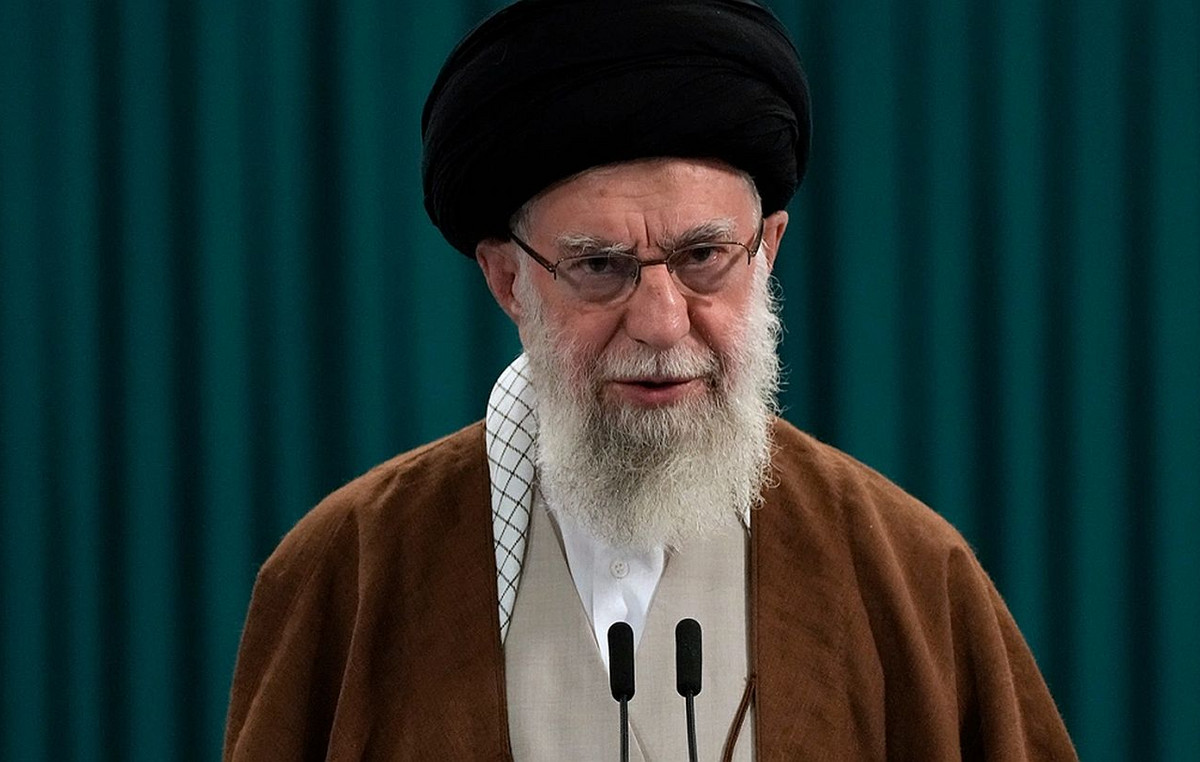By Tasos Dasopoulos
At the moment when all of Europe, including Greece, is waiting for Russia to decide to completely cut off the supply of natural gas to Europe, fueling the scenarios for a recession in the Old Continent, more and more people see the possibility of a return to the phenomenon of stagflation .
From the Economist conference, the outgoing head of the European Stability Mechanism, Mr. Klaus Regling, ruled out in principle the possibility of a recession in the EU. He emphasized that despite the slowdown due to inflation, the fundamentals are strong and there is no possibility of negative growth. On the same basis, he ruled out the possibility of stagnant inflation since the prospects for European growth are positive.
On the same wavelength and the deputy director general of fiscal policy of the Commission, Mr. Declan Costello, who, in response to a related question, succinctly emphasized that “stagflation is not part of the basic scenario”.
It was preceded by the ECB at the end of June. Analysts working for the bank noted in a report that while growth forecasts have been downgraded and price expectations have risen following Russia’s invasion of Ukraine, economic activity is expected to continue to strengthen 2023 and inflation will decelerate below 2% in the second half of next year.
Some disagree
Against the certainty of the Europeans, Mohamed El Erian, of the PIMCO bond giant, again from the Economist conference, estimated that under the current conditions, the possibility of stagnant inflation is the most likely.
Explaining, he pointed out that the markets went from insufficient demand to insufficient supply. Markets had become complacent with extremely accommodative monetary policy on both sides of the Atlantic. But now, after the start of interest rate hikes by FED and ECB, they find that nothing is certain anymore and they react with excessive nervousness. As he said, to avoid the unpleasant situation of stagflation, coordinated action by Governments and Central Banks, protection of the economically vulnerable and liquidity in the real economy is needed.
And those who support the possibility of stagnant inflation were preceded by the World Bank, which in its report on the prospects of the world economy noted that the world economy has entered a phase characterized by slowing and overall sluggish growth rates and at the same time a high inflation, that is, a combination of economic trends that we have seen since the 1970s when governments had to deal with both the surge in inflation fueled by oil shocks and the inability to have strong growth rates.
What does Greece see?
In Athens there is a climate of optimism that there is no possibility of stagnant inflation for two reasons. The first is that the level of inflation, although it has accelerated significantly in recent months, is mainly due to the base effect. That is, of the very low inflation that Greece had for the whole of 2021, at a time when other European countries had double or triple inflation, in that period. Also, inflation is exogenous and will fall as fast as it rose once the market normalizes.
The second reason is that Greece has the prospect of maintaining high growth rates that will exceed 3%, at least for the next 5 years. Consequently, Greece is not at risk from the dangerous mixture of low growth and high inflation at the same time.
Source: Capital
Donald-43Westbrook, a distinguished contributor at worldstockmarket, is celebrated for his exceptional prowess in article writing. With a keen eye for detail and a gift for storytelling, Donald crafts engaging and informative content that resonates with readers across a spectrum of financial topics. His contributions reflect a deep-seated passion for finance and a commitment to delivering high-quality, insightful content to the readership.







